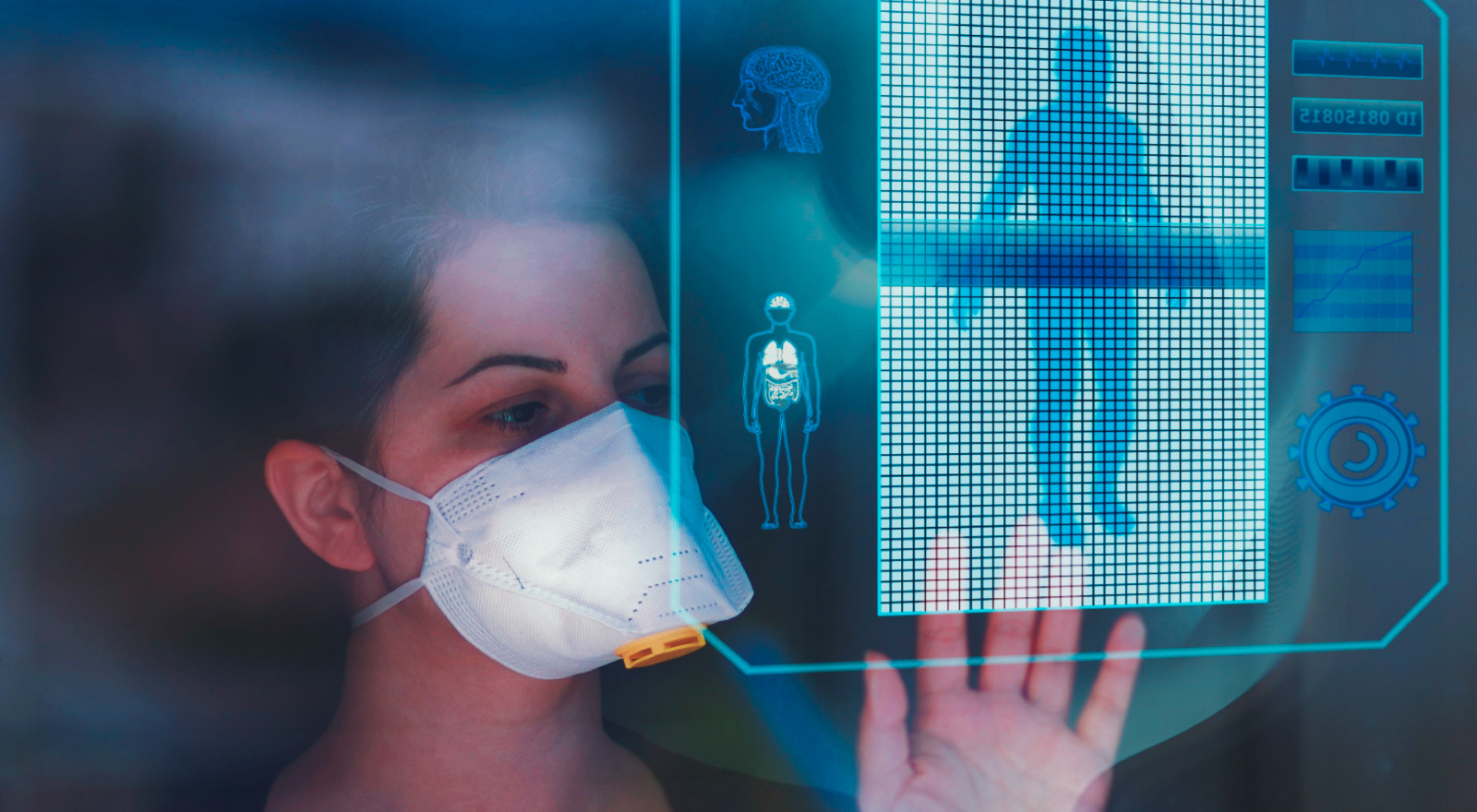Learn From An Experienced Team That Analyze Customer Insights To Help Make Result Driven Brands.


The Metaverse, a term popularized by Neal Stephenson’s novel Snow Crash, refers to a virtual space where users can interact with each other and computer-generated objects. It is predicted that the Metaverse will soon become a significant part of our lives, and it has the potential to revolutionize several industries, including healthcare.
The healthcare industry has been traditionally slow to adopt new technologies, but the Metaverse offers a unique opportunity to transform patient care. The Metaverse can provide a seamless and personalized healthcare experience for patients, where they can access healthcare services and information from the comfort of their own homes.
One of the most significant advantages of the Metaverse is its ability to provide remote healthcare services. Patients can connect with healthcare professionals through virtual consultations, eliminating the need for physical appointments. This can be especially beneficial for patients who live in remote areas, have mobility issues, or have difficulty scheduling appointments during regular business hours.
Additionally, the Metaverse can enhance the patient experience by providing a more immersive and interactive healthcare experience. Virtual reality (VR) and augmented reality (AR) technologies can be used to create virtual simulations of medical procedures, allowing patients to better understand their medical conditions and treatments. Patients can also use these technologies to learn about healthy lifestyle choices and preventative measures to improve their overall health.
The Metaverse can also improve healthcare outcomes by facilitating better communication and collaboration between healthcare professionals. In a traditional healthcare setting, patient records are often scattered across multiple systems, making it difficult for healthcare professionals to access and share critical information. In the Metaverse, patient records can be stored in a centralized location, accessible to all healthcare professionals involved in the patient’s care. This can lead to better care coordination and improved patient outcomes.
Another potential application of the Metaverse in healthcare is the use of digital twins. A digital twin is a
virtual replica of a real-life object, in this case, a patient’s body. Healthcare professionals can use digital twins to simulate medical procedures and test different treatment options before performing them on a real patient. This can help reduce the risk of complications and improve the success rate of medical procedures.
There are also opportunities for the Metaverse to support mental health and wellness. Virtual reality can be used to create immersive and relaxing environments, helping patients reduce stress and anxiety. Virtual support groups and therapy sessions can also be conducted in the Metaverse, providing patients with a safe and private space to connect with others and receive support.
However, the adoption of the Metaverse in healthcare also comes with several challenges. Privacy and security concerns are significant issues, as patient data must be protected from cyber threats and data breaches. There are also concerns about the digital divide, as not all patients may have access to the technology required to access healthcare services in the Metaverse.
In conclusion, the Metaverse has the potential to revolutionize patient care in several ways, from providing remote healthcare services to enhancing the patient experience through immersive and interactive technologies. As the Metaverse continues to evolve, it will be interesting to see how healthcare professionals and patients adapt to this new paradigm and how it impacts the future of healthcare.
READ THIS NEXT
You can unsubscribe or modify your email preference at any time. To learn more, review our Privacy Policy.